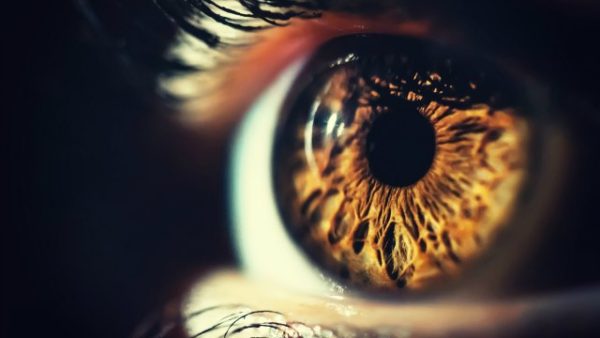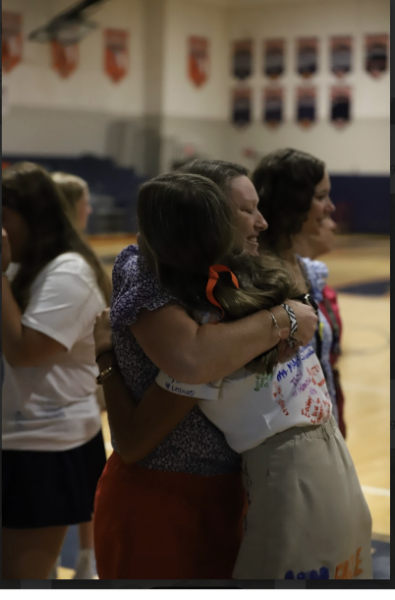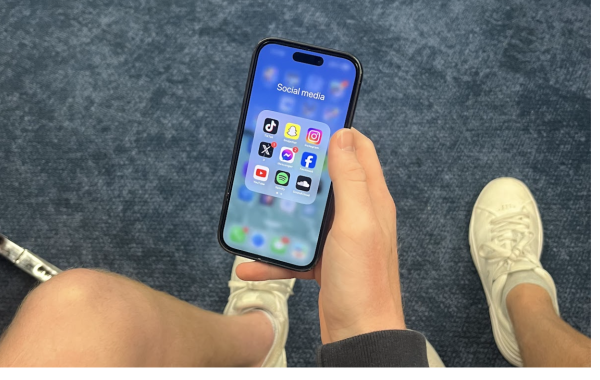It’s Time to Stop Labeling Each Other
We need to work on not labeling each other, as it negatively impacts multiple aspects of our school experience. With the growing divides in the country, classifying everyone by their ideologies, ethnicity, or hobbies prolongs stereotypes.
In the midst of the 2020 election, this need is most apparent given the diverse political ideologies held at the School. Going around and identifying fellow students or even teachers by their political beliefs is a compromising mindset in an environment that is supposed to have us keep an open mind and grow both educationally and personally. Titles such as “liberal” or “conservative” are spoken in demeaning manners that negatively impact the learning environment.
If students fear having their opinions define them, they will not be as willing to contribute in the classroom. In a school that encourages students to ask questions and participate in discussion, it is important for everyone to feel comfortable in the classroom, as it is the best way to learn and understand different perspectives. In English classes, discussing literature can often be a segue towards opinions of a character’s actions. In the AP Literature curriculum, students read William Shakespeare’s play Hamlet and one of the topics of discussion is whether or not Hamlet’s actions are justified. Since it is a matter of opinion based on a student’s interpretation of the play, if his or her opinion is similar to that of a modern day conservative justice system, a student could feel that they would be judged by the more liberal population in class and vice versa.
Furthermore, labeling, whether political or not, can discourage people from trying new things. For example, saying someone is a “nerd” may prevent him or her from pursuing activities such as athletics or drama. Confining each other to different sects of the Benjamin Community stops multiple people from reaching their full potential. Students anxious about not fitting into sports teams due to their identity as a more studious, introverted person are often blinded by worry of such stereotypes that they fail to recognize student athletes often excel in the classroom as well on the field and do not necessarily fit into just one category.
In a 2014 study conducted by Carol Dweck in the Journal of Personality and Social Psychology, high school students were found to have lower stress levels when they held the belief that people can change and evolve their interests. Additionally, Dweck found students who believe their own behaviour and performance can change work harder in school to overcome academic difficulties, while more judgemental students struggled in overcoming challenges presented in both school and extracurriculars such as athletics.
It goes deeper than just beliefs and mindsets though: Labeling as ethnicities or religions only prolongs the existence of discriminatory stereotypes. Asian students should not have to feel the pressure from their peers to perform well academically due to the racial stereotype that Asian students are smart. Similarly, Jewish students should not be discouraged from the STEM program because of the discriminatory misconception that they have to be lawyers or accountants. Cultures, ethnicities, and religions should be celebrated and not used as a way to demean the nature of one’s existence.
By labeling people, we reduce them to only a grouping, instead of giving them the recognition they deserve for being their own self. No two students are alike, and by constricting people to just a label, we devalue our peers and prevent them from achieving and learning new things.










